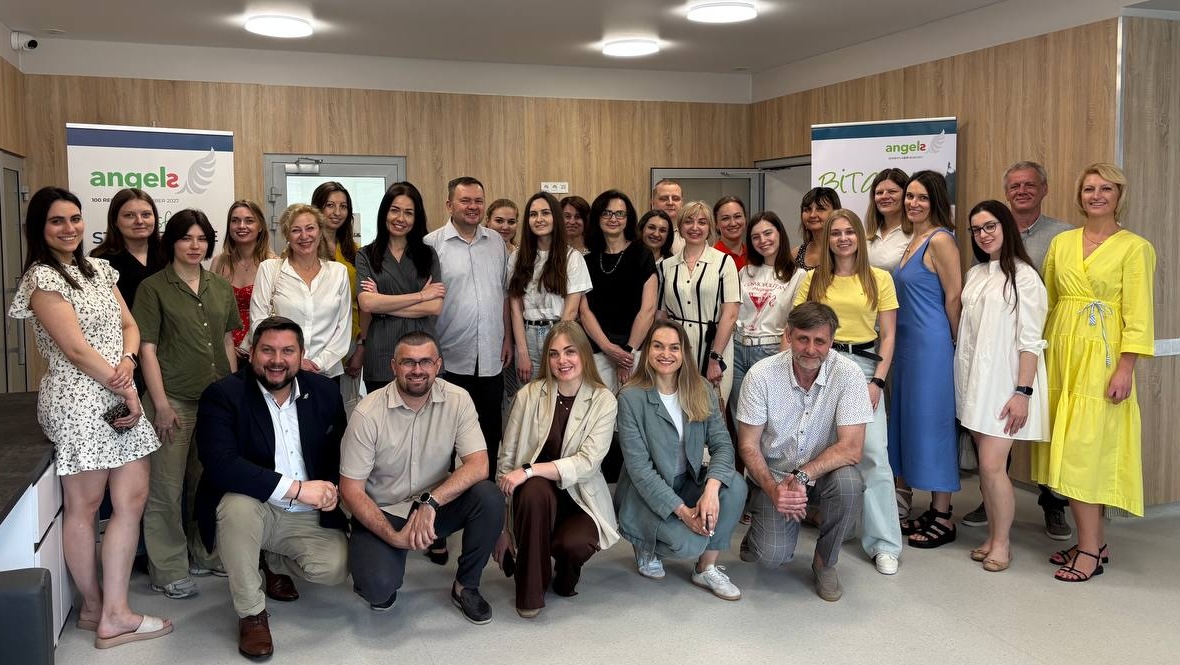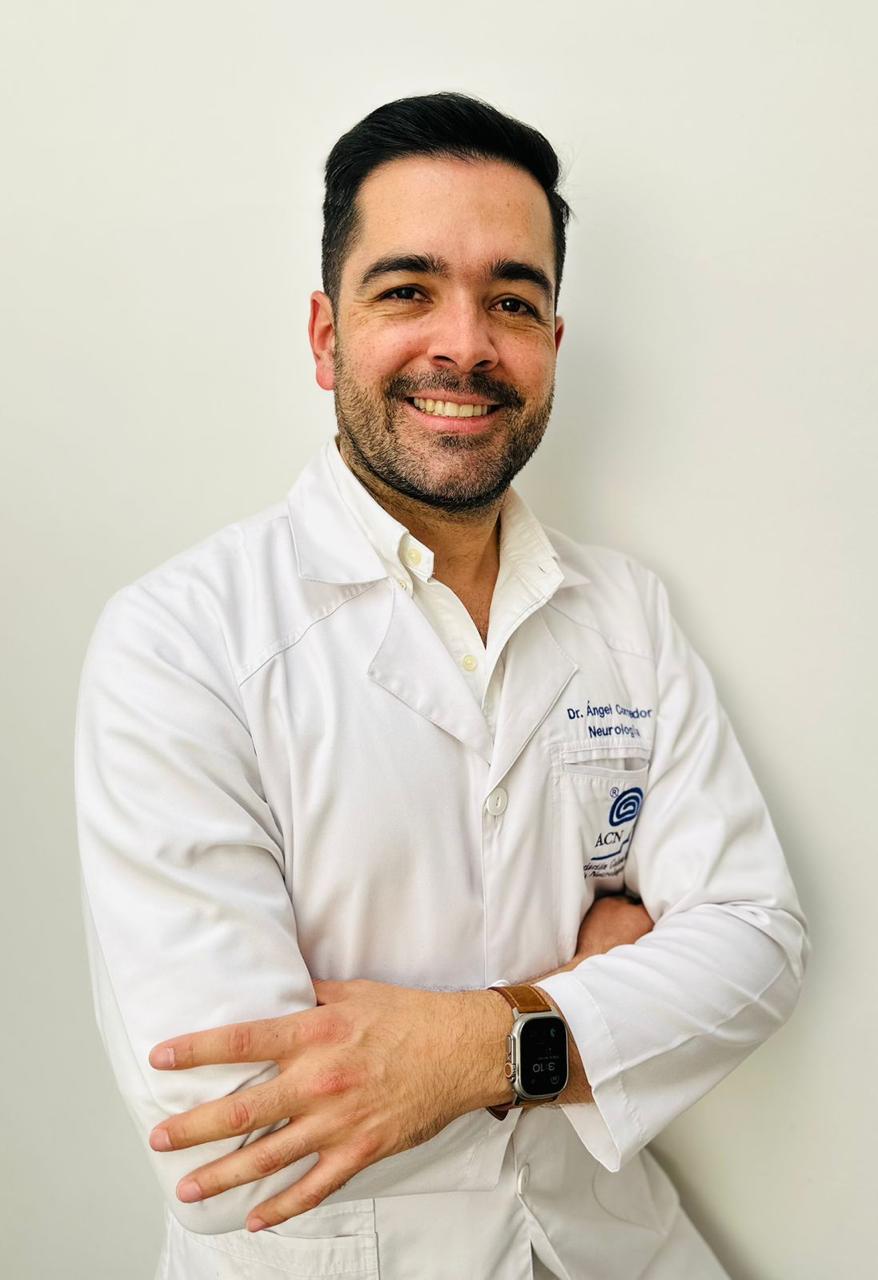
Asi před devíti lety navštívil DrÁngel Corredor středně velké město, které se nachází na slavné kolumbijské ose pěstování kávy, a rozhodl se, že zde chce žít. Arménie, pěší město obklopené zasněženými vrcholky hor a deštnými pralesy, mu připomněla Cúcutu, město na hranici s Venezuelou, kde se narodil a vyrostl.
Dr.Corredorpředstavil se ve Fakultní nemocnici San Juan de Diosto a zeptal se, zda mají práci pro neurologa z Bogoty. Možná, řekli a slíbili, že za měsíc zavolají. Telefonát přišel o osm měsíců později, dlouho poté, co Dr.Corredor přestal očekávat, a v únoru 2017 se usadil ve městě, které nakonec umístil na globální mapě cévní mrtvice.
Ale když dorazil, nemocnice neměla náhlou mrtvice příhodu. pacienti s mrtvicí byli léčeni, jako by byli zmateni „záhadným klinickým stavem“, který nebudil žádnou naléhavost ani alarm.
Byl to návrat na jeho první směnu na pohotovostní oddělení, když byl stále studentem. Když byl pacient s mrtvice přivezen, hodinu po nástupu příznaků se připravoval na rychlou sekvenci CT vyšetření následovanou trombolýzou, aby mu bylo řečeno, aby se uvolnil – „To tady neděláme.“
Protože studoval medicínu v očekávání, že bude schopen „udělat něco, co pomůže někomu jinému, kdo trpí“, nepřijal odpověď, říká dr.Corredor. To nebyla budoucnost, kterou měl na mysli.
O několik let později se v ArmeniiDr.Corredor naučil něco, co zná každý, kdo se pokusil změnit budoucnost, konkrétně to, že vám lidé nenaslouchají jen proto, že máte pravdu. S vědomím, že potřebuje jiný plán, vložil svou důvěru do budoucích lékařů, které vyučil. Ukázal by jim, co věřil, a přiměl by je, aby v to také věřili.
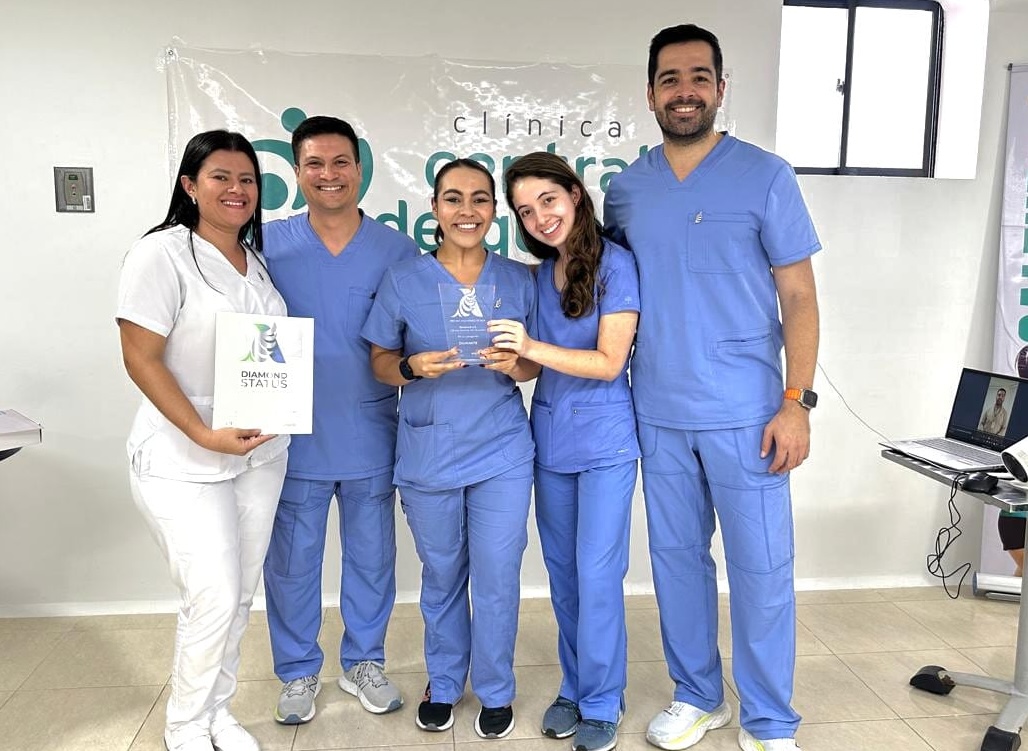
Organizace domu
„Než přijmete návštěvníky, musíte si zorganizovat dům,“ říká filozoficky o tom, co by nakonec skončilo jako pětiletý projekt transformace řízení cévní mrtvice v Arménii. V roce 2019 mu v Barceloně v nemocnici Carlos Molina umožnila školitelství s Anděly, aby si uvědomil, jak daleko ještě musí jít – „Uvědomil jsem si, že jsem v plenkách,“ říká. V následujícím roce proměnil výzvy spojené s triagingem pacienti s mrtvicí s Covidem v příležitost prokázat význam organizované cesty mrtvice.
Organizování jeho domu také znamenalo školení pro každého, od lékařů a zdravotních sester až po ostrahu; sběr dat v RES-Q – úkol, který prováděl sám, někdy s pomocí studentů nebo večer s pomocí jeho ženy; a vytvoření virtuální sítě mladých lékařů, včetně bývalých studentů, které infikoval svými nápady.
Terénování textů od mladých lékařů, kteří hledají radu a podporu, dalo dr.Corredor další postřeh známý lidem, kteří se snaží změnit budoucnost – uvědomování si, že „pokud to neudělám, nikdo jiný to neudělá“.
Ale v roce 2022, kdy byla v Arménii konečně předvídána nová budoucnost pro péči o cévní mrtvice příhodu, bylo učiněno finanční rozhodnutí o pozastavení služeb v oblasti cévní mrtvice v jeho nemocnici. Poprvé za pět let Dr. Corredor zvažoval, že to vzdáme.
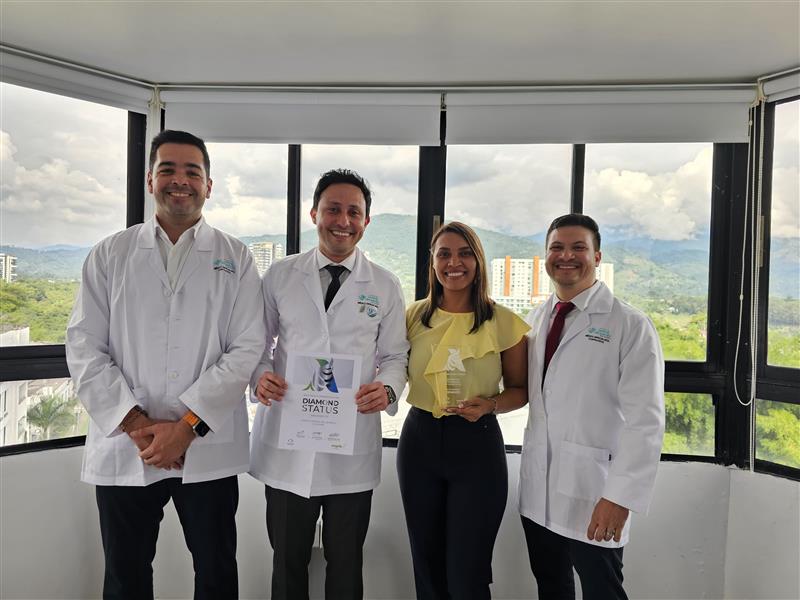
„Řeknete ano“
Zlomovým bodem byl telefonát od andělské konzultantky Claudie Guazaquillové, důležité podpory Dr. Corredorové při organizaci vzdělávacího plánu. Claudia mu na webových stránkách, které spravovaly ukazatele úmrtnosti na různá onemocnění v Kolumbii, něco ukázala. Pre-2017 byl graf pro Arménii nevyrovnaný a chybělo mnoho dat. Ale od roku 2017 se linie představující úmrtnost neustále skláněla dolů.
Ángel viděl, co Claudie chtěla vidět – že díky tvrdé práci, dlouhým hodinám a voláním pozdě v noci umírá méně lidí.
V červnu 2022 přišel do soukromé nemocnice v Arménii, centrální části Clínica del Quindío, kde souhlasil se založením centra pro cévní mrtvice za dvou podmínek. Prvním z nich bylo, že bude potřebovat odhodlanou osobu, která bude shromažďovat údaje. Druhým bylo, že žádný pacient s mrtvice nebude odmítnut bez ohledu na to, zda měl pojištění nebo ne. „Řeknete ano, protože je to naléhavá situace,“ řekl Dr.Corredor svým novým zaměstnavatelům.
O rok později v září 2023 se Clínica Central del Quindío stala první nemocnicí v regionu, která byla certifikována Světovou mrtvice, což je úspěch, po kterém brzy následovala jejich první cena WSO Angels Award. Dr.Corredor použil hybnou sílu vytvořenou mezinárodním uznáním, aby rozšířil služby v oblasti mrtvice příhod a vyřešil problém, který ho nějakou dobu trápil.
Clínica Central del Quindío neměla trombektomickou službu, což znamenalo, že pacienti s okluzí velkých cév museli být odkázáni do nemocnice dvě hodiny. Díky optimalizované záchranné službě z 12 pacientů, kteří byli odesláni do komplexního centra, 85 procent opustilo nemocnici s modifikovaným Rankinovým skóre 0-2, což naznačuje mírné nebo žádné postižení. Představte si, čeho by bylo možné dosáhnout, kdyby mohli tyto pacienty léčit sami.
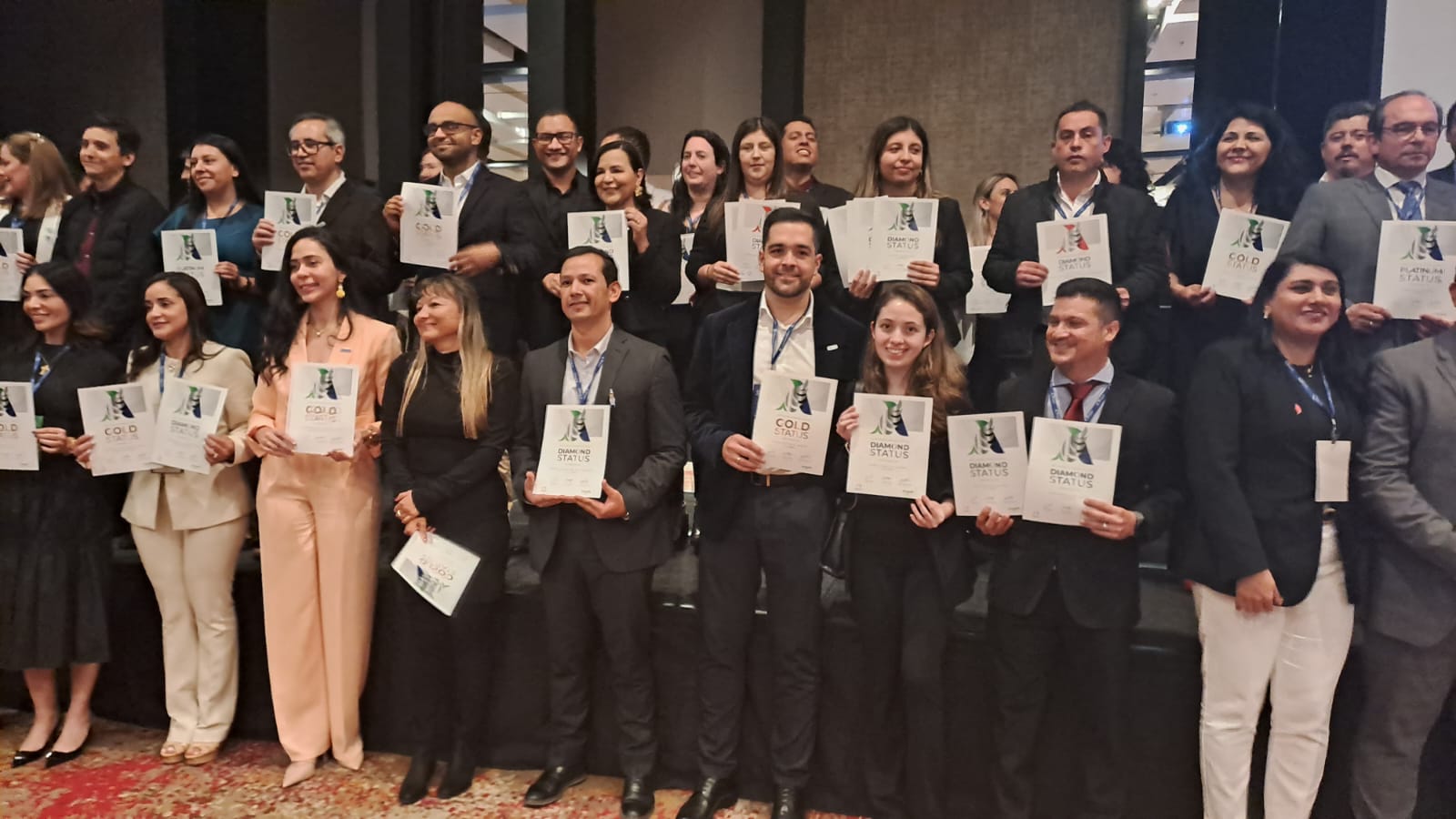
Větší fáze
Snaha dr. Corredora mezitím začala přitahovat národní a mezinárodní pozornost. K jeho překvapení byl vybrán jako akademický koordinátor pro mrtvice Kolumbijské neurologické asociace. Dozvěděl se více o své vlastní schopnosti vést jako jeden z mladých neurologů v čele ALATAC, profesionální organizace, která se snaží vyřešit rozdíly v péči o cévní mrtvice v Latinské Americe. A byl nastaven úkol v rámci WSO.
Dlouholetým zastáncem cvičení pro prevenci cévní mrtvice bylo jeho první jízdou do aktivací povědomí místní 6km běh proti cévní mrtvice. Inspirován svědkem „více než 240 lidí, kteří běhají za mé nápady“, začal snít o světovém maratonu proti mrtvice a poté, co navrhl nápad bývalé prezidentce WSO, prof Sheile Martins, se ocitl jako spolupředsedkyně výboru pro kampaň WSO za výzvou # GreaterThanStroke 2024.
Díky své soukromé nemocnici, která v roce 2024 získala čtyři po sobě jdoucí diamantové ceny, v nové strategii Angels Regions Dr. Corredor rozšířil svůj vliv na sanitky, školy a místní úřady. Podpora místní samosprávy je nezbytná, pokud se Arménie má stát Andělským regionem – možná prvním Kolumbijským regionem – a Dr. Corredor se snaží přilákat politickou laskavost, aby získal podporu pro své nápady.
Lepší péče o mrtvice musí být řádem, ne jen přáním, takže může fungovat nezávisle na jeho přítomnosti a infuzi.
Jeho řidiči jsou jak morální, tak osobní, jeho vize je jak globální, tak lokální.„Věřím, že pro mé město musím být užitečný,“ říká Ángel. „Tady je moje rodina, musím pro ně něco udělat.“
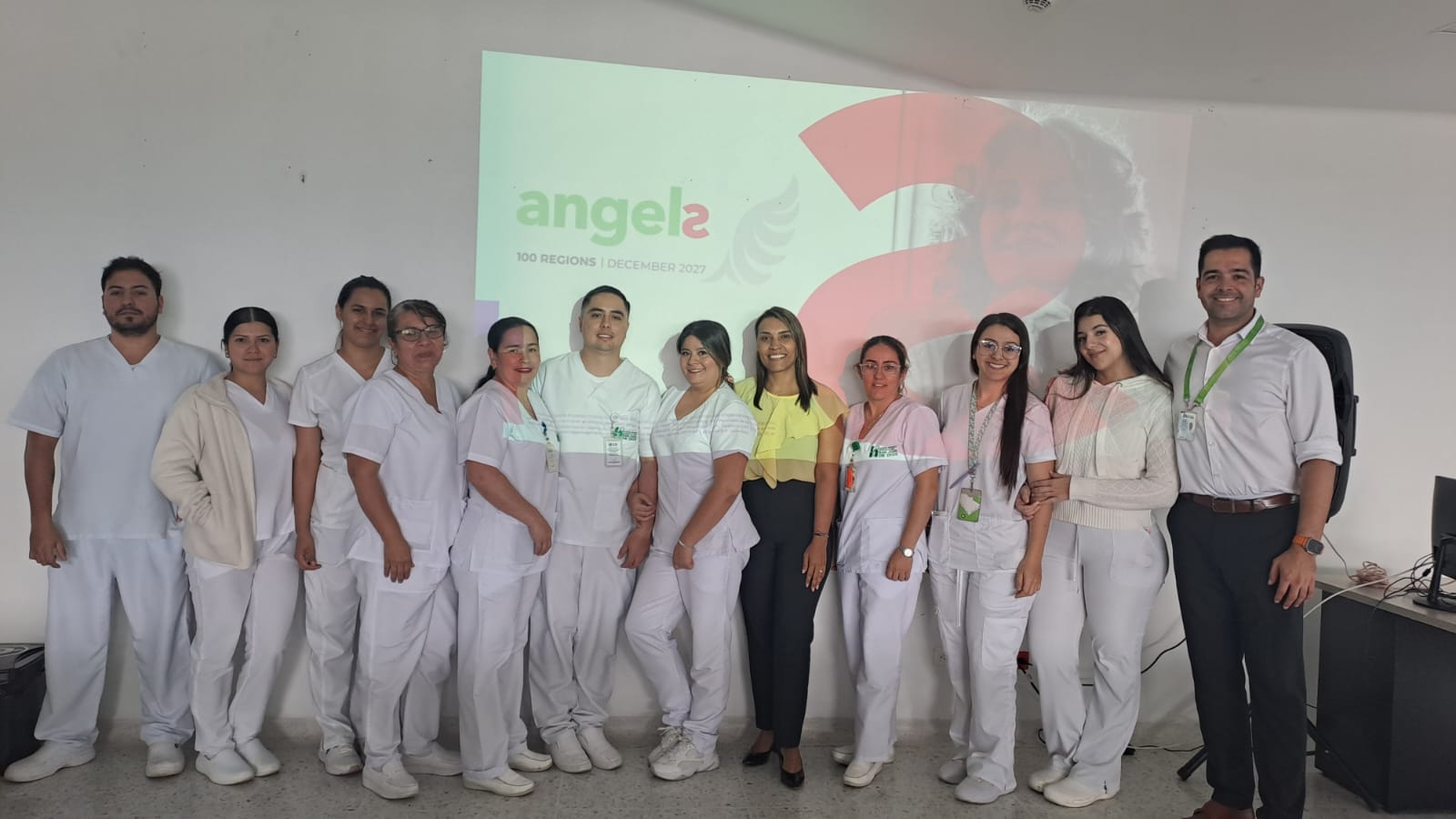
„Nepřijal/a jsem odpověď“
V malé vesnici na severní hranici Kolumbie, nedaleko Cúcuty, najdete další důvod, proč se dr. Corredor nevzdává budoucnosti, kterou chce.
Zde žije muž, který kdysi na koni stříhal silnou postavu, kterou byste mohli popsat jako „typického latinskoamerického muže“. Byl dalecejší a vůdce. Velký chlap, jako jsem já,“ říká Ángel, který sám staví nad většinu lidí v každé místnosti.
Když tento silný muž pocítil slabost v paži, myslel si, že je jen unavený. V místní nemocnici v odlehlé horské vesnici ho lékař léčil na chřipku. Když dr. Corredor, již neurolog, slyšel, co se stalo, vyzkoušel vše, co je v jeho moci, aby se jeho strýc přesunul do nemocnice, kde mu byla poskytnuta řádná péče.
Ale to, co bylo provedeno, nelze vrátit zpět. mrtvice způsobila, že silný farmář byl posazen s hemiplegií, dysartrií, epilepsií a obrovským smutkem. Dr. Corredora to ještě více přesvědčilo o potřebě něco udělat, aby neustále pracoval proti utrpení své rodiny a svého strýce. Jeho odpověď byla stejná jako před mnoha lety na pohotovosti: „Odpověď jsem nepřijal.“

Plamen v duši
V říjnu 2024 byl Dr. Corredor svědkem něčeho mimořádného na světovém kongresu mrtvice v Abú Dhabí. Viděli to i ostatní a nikdo na to nezapomněl.
Jak říká vedoucí projektu Angels Jan van der Merwe, narazil na Dr. Chrissiho Tunkleho, německého neurologa, který potřeboval radu ohledně jejího úsilí o podporu komunity pro cévní mrtvice v Nepálu. Jan, který právě mluvil s Claudiem Jiménezem, znal jen muže. Na výstavním stánku Angels představil Chrissimu Claudio a jeho kolegovi,Ángelovi Corredorovi, a pak sledoval kouzlo andělské komunity.
Vzpomínky na Jana: „Claudio vysvětlil, jak školil nové ošetřující nemocnice v situacích podobných těm v Nepálu, a povzbudil je, aby si v rámci své nemocnice vytvořili vlastní komunity. Chrissi poté zavolal na delegování v Nepálu, aby se setkal s Claudiem a naučil se tyto strategie používat v Nepálu.
„Brzy se kolem malého stolu vedle našeho stánku vytvořil improvizovaný workshop, kde sedm nepálských lékařů Claudio aÁngel z Kolumbie a Chrissi z Německa nadšeně diskutovali o tom, jak pomoci Nepálese zlepšit péči o cévní mrtvice.“
Bylo to, řekl Jan, nejživější příklad, který viděl o síle andělské komunity, toto spontánní setkání podobně smýšlejících lidí s jedním cílem – „pomáhat si navzájem poskytovat nejlepší výsledky pro své pacienty“.
Na každého, včetně Ángela, zanechal hluboký dojem.Do deseti minut říká, že bylo uspořádáno sympozium z ničeho, aby mluvilo o tom, jak vytvořit centrum pro mrtvice příhodu a síť pro cévní mrtvice příhodu. „Neexistovala žádná organizace ani příprava. Nebyla součástí kongresu, nebyla na programu.“
Naučil se, že není vždy nutné být na programu.
„Potřebujete vedení a vášeň. V medicíně se vyučujeme pravidla a kontrolní seznamy, ale samotný kontrolní seznam nepřináší změnu. Díky vedení a vášni můžete v duši někoho vyvolat plamen, aby se probudil a uvědomil si, že „Tohle mohu udělat“.


